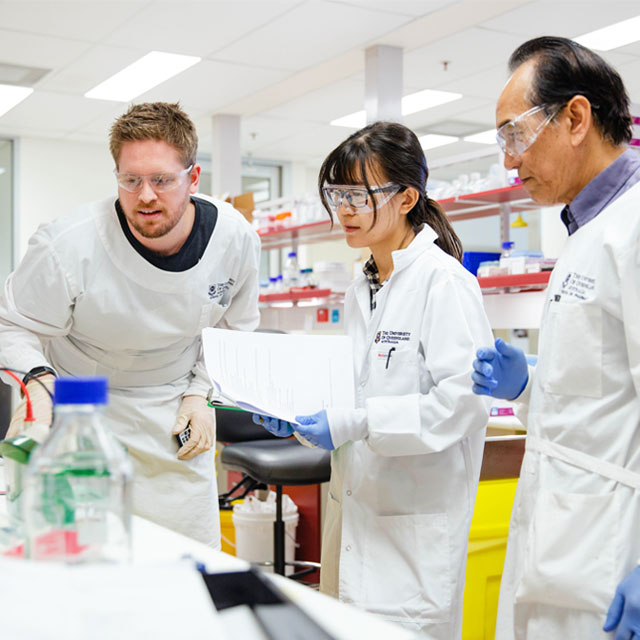
Efforts to rehabilitate contaminated environments have netted University of Queensland researchers more than $3.6 million, with UQ being awarded four out of nine grants funded through an Australian Research Council (ARC) Special Research Initiative.
The grants focus on the remediation of PFAS (per- and poly-fluoroalkyl substances) chemicals once used in many household products and firefighting foams.
Rehabilitating areas where PFAS has been used have become a priority as scientists learn of the damaging effects of the chemicals on humans, animals and the environment.
UQ scientists will work with other research and industry partners to tackle the problem via a range of innovative methods.
UQ Vice-Chancellor and President Professor Peter Høj said the projects showed the real-world applications of UQ’s research excellence.
“To gain four out of the nine available grants – more than any other university – demonstrates the expertise and value of UQ researchers,” he said.
“Researchers will partner with international organisations, including respected research institutes, to tackle this problem in inventive new ways.
“I look forward to seeing the outcomes of this world-changing research.”
The four successful project leaders are:
-
Professor Jochen Mueller, from UQ’s Queensland Alliance for Environmental Health Sciences, will work on a cost-effective soil washing treatment plan for PFAS-contaminated soil. The project was awarded $1.225 million, the most in Australia.
-
Professor Victor Rudolph, from the School of Chemical Engineering, will develop a skid-based transportable plant that can be used to convert toxins into safe products: mainly carbon dioxide and harmless salts. The project received $880,187.
-
Professor Jürg Keller, from the Advanced Water Management Centre, will lead a project that aims to use electrochemistry to remove and destroy PFAS from water sources. The project received more than $1 million.
-
Dr Ilje Pikaar, from the School of Civil Engineering, will focus on removing PFAS from urban wastewater via magnetite nanoparticles, which absorb PFAS compounds. The project received $381,468.
UQ’s Queensland Alliance for Environmental Health Sciences Centre Director Professor Kevin Thomas said all four projects will provide vital research required to address the challenge of PFAS contamination.
“The successful remediation of PFAS contamination is a key aspect in managing contamination with the end goal of minimising the chance of environmental exposure,” Professor Thomas said.
“QAEHS was involved in three of the four UQ funded projects so we are very happy as it has been a great team effort.
“We would especially like to acknowledge the support of all of the project partners who will provide cash and in-kind contributions to these projects.”
A full list of funded projects is available on the ARC website.



